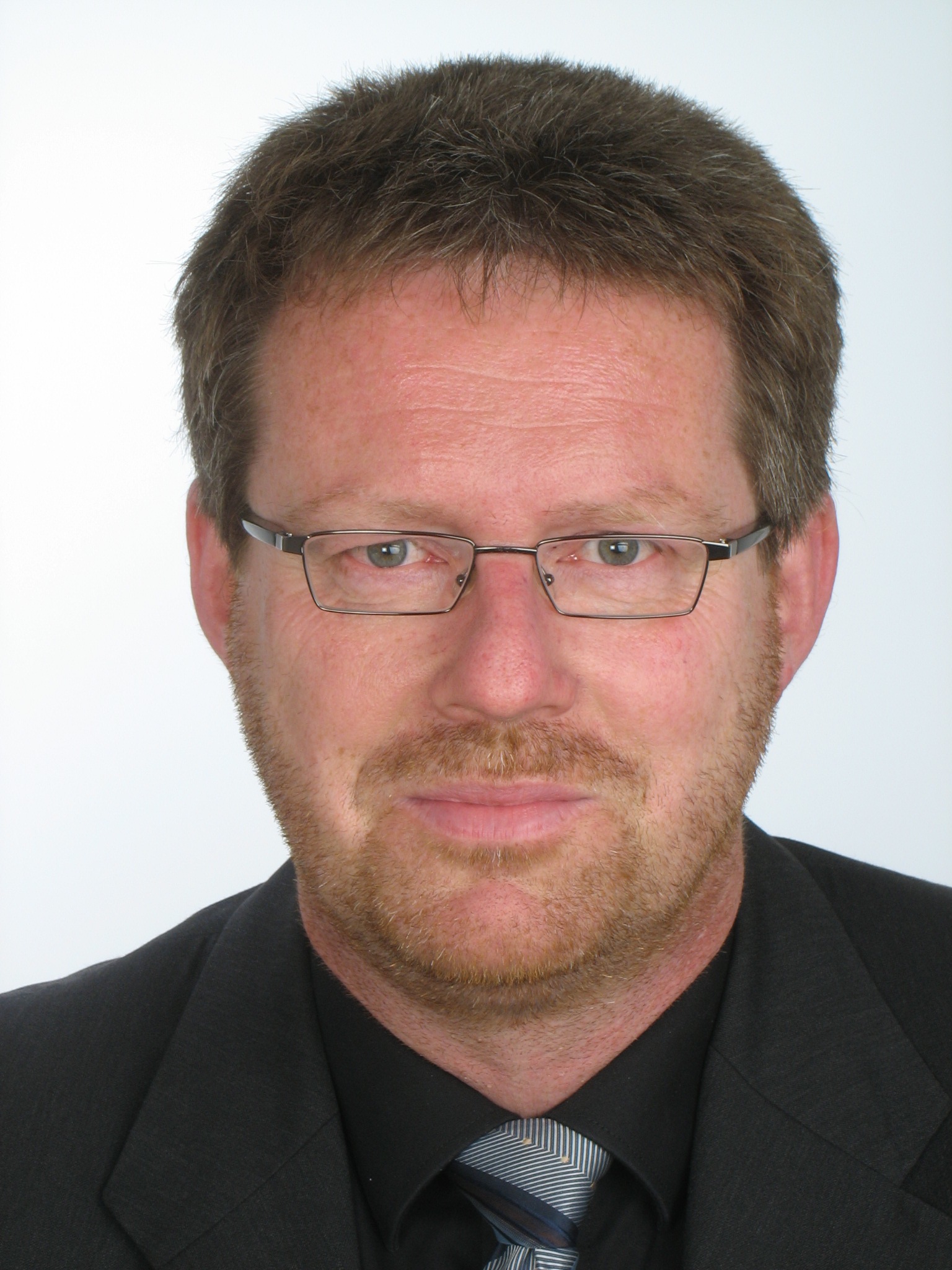Forscherdatenbank

Prof. Dr. Ulrich Lauer
Dept. Internal Medicine VIII Vice Chairman & Head of Virotherapy Center Tübingen (VCT)
Otfried-Müller-Straße 10
72076 Tübingen
Programm
Cancer Immunotherapy (CI)
Übersicht
In 2015, a very first virotherapeutic (talimogene laherparepvec) was approved for clinical usage. However, efficiencies of this and other virotherapeutics must be further improved. Therapeutic gains are most likely to be achieved in combination with immune checkpoint inhibitors (ICI). Correspondingly, several clinical studies are being carried out at the DKTK location in Tübingen for the combination of virotherapeutics with ICI, interfering with CTLA-4, PD1 and PDL-1. Accompanying preclinical studies are carried out specifically for the virotherapeutically modulated expression of tumor cell bound PDL-1. Important in this context is also the investigation of functional interactions of ICI with virotherapeutic replication patterns. In addition, a better understanding of the primary and secondary virological and immunological tumor resistances observed when using virotherapeutics should help to anchor the modality of immunovirotherapy as an integral part of modern multimodal tumor therapies. With the aim of overcoming such limitations, usage of oncolytic viruses in combination with epigenetic compounds is optimised at the Tübingen DKTK site. In particular, we investigated in detail a novel combined approach employing the oral histone deacetylase inhibitor resminostat together with an oncolytic measles vaccine virus (MeV) for a future combined epi-virotherapy of pancreatic carcinomas. Cytotoxicity assays demonstrated that the combined epi-virotherapeutic treatment resulted in an advantageous tumor cell killing compared to the respective mono¬therapeutic approaches. We also found that the epigenetic agent resminostat does not affect MeV growth kinetics nor lead to activation of the interferon signaling pathway which plays an important role in mediating primary and secondary resistances to virotherapeutics. On this basis, first clinical epi-virotherapy studies are scheduled at the Tübingen DKTK site. Beyond these investigations, virotherapeutics are combined preclinically with different immune cell preparations (PBMC, NK) at the Tübingen DKTK site. In particular, it is investigated to what extent the expression of viral antigens after successful colonization of tumor cells with different virotherapeutic vectors leads to a more efficient and more sustainable recognition of thereby specifically "labeled" tumor cells by PBMC and / or NK cells.
DKTK Junior Group Leader for Cancer Systems Biology
Single-cell approaches have not only revealed a wide variety of cell states, characterized by cells exhibiting striking differences in their transcriptional profile, but have also illuminated the mechanisms underlying state transitions in health and disease. Cellular plasticity and adaptive state changes have recently emerged as a basis for therapeutic resistance in cancer, and a better understanding of how cell state transitions are regulated is critical to develop therapeutic approaches that can overcome therapy resistance.
Our research focuses on understanding the mechanisms driving non-genetic cellular heterogeneity and therapy resistance in malignancy. Using novel single-cell sequencing approaches, we seek to develop new experimental and computational strategies to define altered cell states in both, cancer and immune cells. Our aim is to leverage a data driven strategy combined with single cell genomics and systems biology to address the challenges posed by heterogeneity in cancer, and to develop new strategies to overcome it, with the aim of translating laboratory-based findings into the clinic.